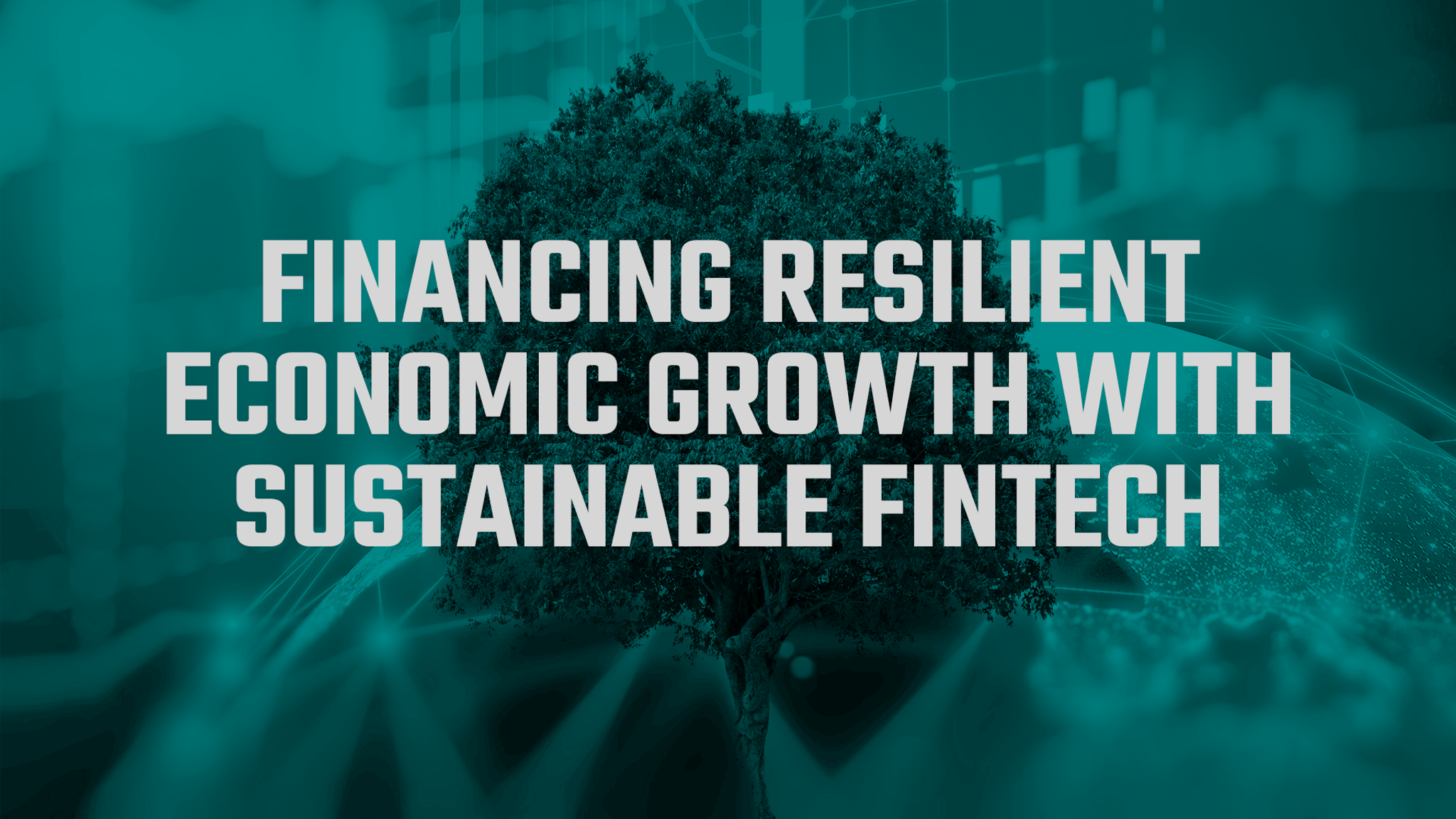Financing resilient economic growth with sustainable fintech
Brian Collins
Published on

In recent weeks we’ve explored how investing in sustainable fintech can support financial wellbeing and inclusion while also encouraging greener business practices and consumption. In this piece, we’ll take a look at how fintech can support financing sustainable growth and resilience in the global economy.
Once again, championing this aim involves striving to achieve two of the United Nation’s Sustainable Development Goals (SDGs). The first of these is supporting industry, innovation and infrastructure (SDG 9). The second – and it’s a biggie – is climate action (SDG 13).
In many ways these two goals are interlinked. Robust climate action will require innovation and updated infrastructure. Proof of this can be seen in the countless corporate net-zero plans that mention the deployment of carbon capture and storage (CCS) as a critical technology to meet their goals. Only, CCS has never been used at scale. It needs to be funded.
In order to identify some ways this can happen, let’s look at some of the startups the comprised Startupbootcamp’s fintech programme last year.
UK-based GreenGrowth is an investment app providing personalised green portfolios for users via an app. The app allows customers to invest exclusively in companies seeking to forward climate action. Think addressing plastic waste or backing negative-emissions technology.
It also offers investors the chance to tailor portfolios to their own carbon footprints – like a personal carbon offsetting plan. Investors can see the impact of their investments by being provided with metrics such as the amount of CO2 emissions saved.
Of course, making a sustainable investment is only possible if you have information at your fingertips to assess an asset. New York-based Habidatum allows property investors to determine the risks of locations.
The fintech says that it counts at least one Fortune-listed bank among its clientele. This harks on a point we’ve previously made – that fintechs can connect with legacy financial institutions and help them support a sustainable economy. Startups also tend to be nimbler than their more established counterparts, enabling them to push through innovation.
Supporting organisations such as these can, therefore, enable further investment in technology that can aid the fight against climate change. It’s another reason why supporting sustainable fintechs may be one of the most efficient ways investors can use their capital so it has a positive impact.
